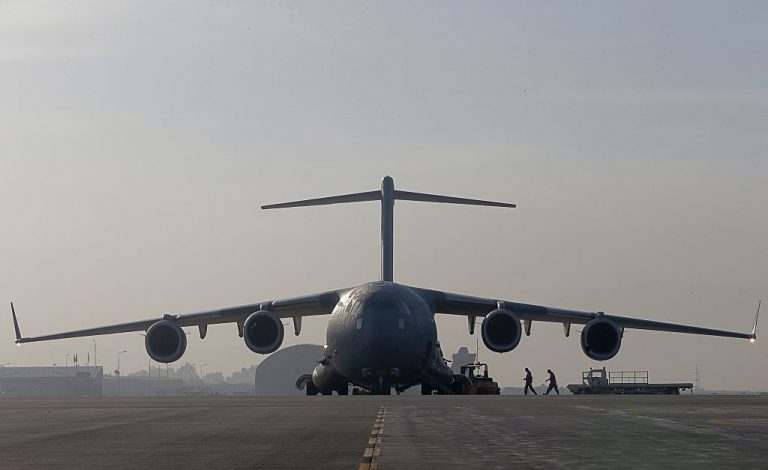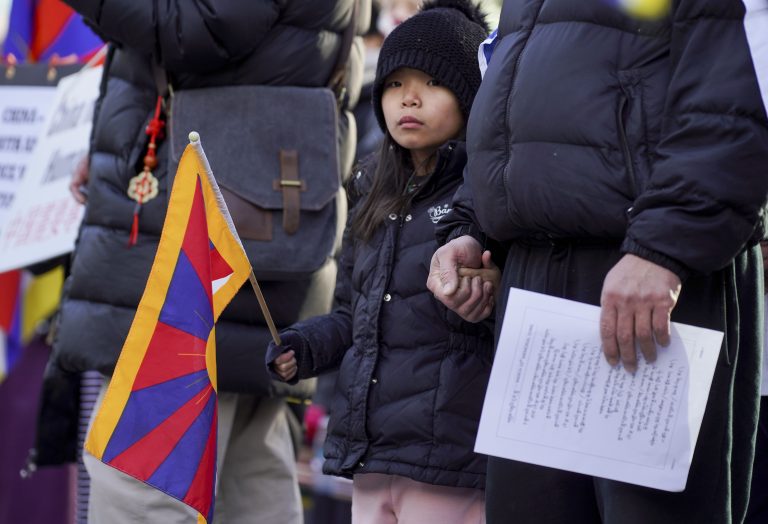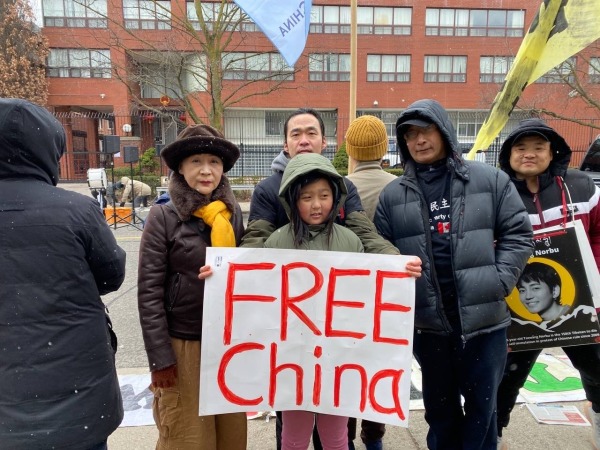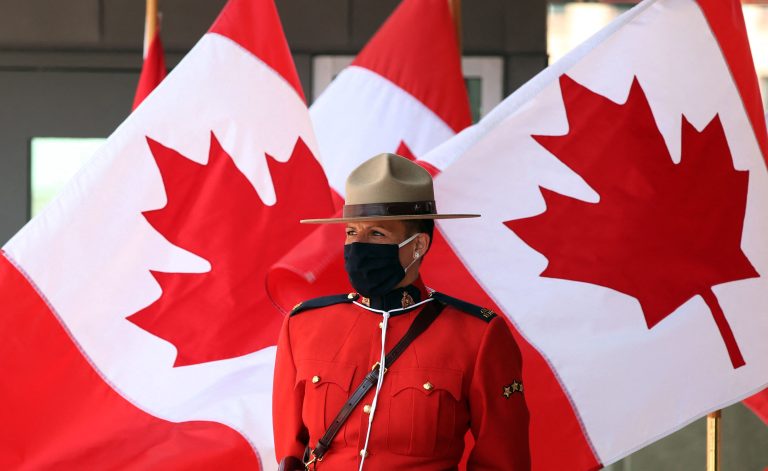Canada’s military has accused the Chinese People’s Liberation Army (PLA) of using warplanes to harass its patrolling aircraft in a number of incidents deemed “extremely troubling” by Canadian Prime Minister Justin Trudeau.
The Canadian Armed Forces said in a June 1 statement that PLA aircrafts had approached a Royal Canadian Air Force (RCAF) CP-140 Aurora long-range patrol aircraft on several occasions over the span of a month from April 26 to May 26 as they monitored North Korea for possible violations of U.N. sanctions.
“In these interactions, the People’s Liberation Army Force (PLAAF) aircraft did not adhere to international air safety norms,” the statement said. “These interactions are unprofessional and/or put the safety of our RCAF personnel at risk.”
RELATED:
- More US Ship-shaped Targets Appear in Chinese Desert: Satellite Images
- Russia and China Hold First-Ever Joint Patrol in the Western Pacific
- Washington Further Provokes Moscow With Rumors of Pending Hellfire Missile Drone Sale To Ukraine
- US Intelligence Agencies Warned Against Racial Profiling People of Chinese Descent
In some instances, the Canadian aircrew felt so at risk that they had to quickly change their flight path to avoid a potential collision with the intercepting aircraft, the statement added.
North Korea is known to evade the sanctions placed upon it by the U.N. over its controversial nuclear weapons and ballistic missile programs. Many of these violations are aided or abetted by its neighbor and ally, China.
Success
You are now signed up for our newsletter
Success
Check your email to complete sign up
The Canadian aircraft were part of Ottawa’s “Operation NEON,” which sees military ships, aircraft and personnel deployed to identify suspected sanctions evasions at sea, including ship-to-ship transfers of fuel and other supplies banned by United Nations Security Council resolutions, The Canadian Press reported.
“I am extremely concerned that there have been incidents in this region of the world,” Foreign Affairs Minister Melanie Joly told reporters during a news conference at the Citadelle in Quebec City, where she was meeting with her counterparts from the Baltic states. Joly said she will certainly be raising the issue with Chinese officials, and said that she found the PLA’s behavior “very dangerous and concerning.”
PM Trudeau said his government is taking the situation very seriously and has promised to raise the issue with his Chinese counterpart. Beijing, which is in the midst of a national holiday, has yet to publicly comment on the events.
“The fact that China would have chosen to do this is extremely troubling,” Trudeau said in Alberta on May 31. “So we will be bringing it up directly with Chinese officials and counterparts and ensuring that this doesn’t continue to be part of an escalatory pattern.”
North Korea sanctions
The hostile interactions are of great concern and are taking place in increased frequency, the Canadian military said. It was not reported where the incidents took place.
On May 26, Russia and China vetoed a U.S.-led proposal to impose new sanctions on North Korea over its increasing missile testing. The move comes after at least 16 North Korean ballistic missile tests were carried out this year — the latest of which took place on May 26, when three missiles were fired.
At least one of the tests was believed to be an intercontinental ballistic missile capable of striking the U.S. mainland, CNN reported.
The report added that all the missile tests violated previous U.N. resolutions, with U.S. officials claiming the programs may fuel Pyongyang’s ambition to develop nuclear-capable missile systems.
‘Vetoes are dangerous’
U.S. Ambassador to the U.N. Linda Thomas-Greenfield criticized the vetoes from Moscow and Beijing, claiming North Korea’s missile testing should warrant an immediate international response.
“For the first time in 15 years, a U.N. Security Council member has used a veto to stop the council from fulfilling its responsibility to hold the DPRK (North Korea) accountable for its unlawful proliferation,” Thomas-Greenfield said in a statement made on behalf of the US, Japan and South Korea.
“The vetoes today are dangerous. Those members today have taken a stance that not only undermines the Security Council’s previous action to which they have committed but also undermines our collective security,” the statement said.
Chinese response
China’s ambassador to the U.N. argued that imposing new sanctions on North Korea would not stop its weapons program and may instead increase its level of testing.
“Under current circumstances, ramping up sanctions won’t help solve the problem,” China’s foreign ministry spokesperson Zhao Lijian said during a press briefing following the U.N. meeting, echoing Zhang’s remarks.
New sanctions could also put further pressure on the humanitarian situation in North Korea as it grapples with the effects of the COVID-19 pandemic, Ambassador Zhang Jun said.
North Korea has been battling a recent outbreak of COVID-19, with infections suspected to be in the millions. After more than two years of claiming that it had zero cases or transmissions throughout the pandemic, the authoritarian government acknowledged on May 19, that at least one person had died from the virus.
READ MORE:
- North Korea Admits First COVID Death, Positive Cases Suspected to Be in the Millions
- North Korea Begins Jabbing Soldiers With ‘Immortal Potions of Love’ After Admitting 1st COVID-19 Case
The country announced its first positive case on May 13, and has reported that approximately 2.5 million of its residents are suffering from symptoms related to a “fever of unknown origin.”
State mouthpiece Korea Central News Agency (KCNA) reported that month that 187,800 people are currently undergoing treatment in quarantine facilities and confirmed that the “mystery fever” had spread throughout the country since the end of last month, though the report did not specify how many of those people had tested positive for COVID-19.













